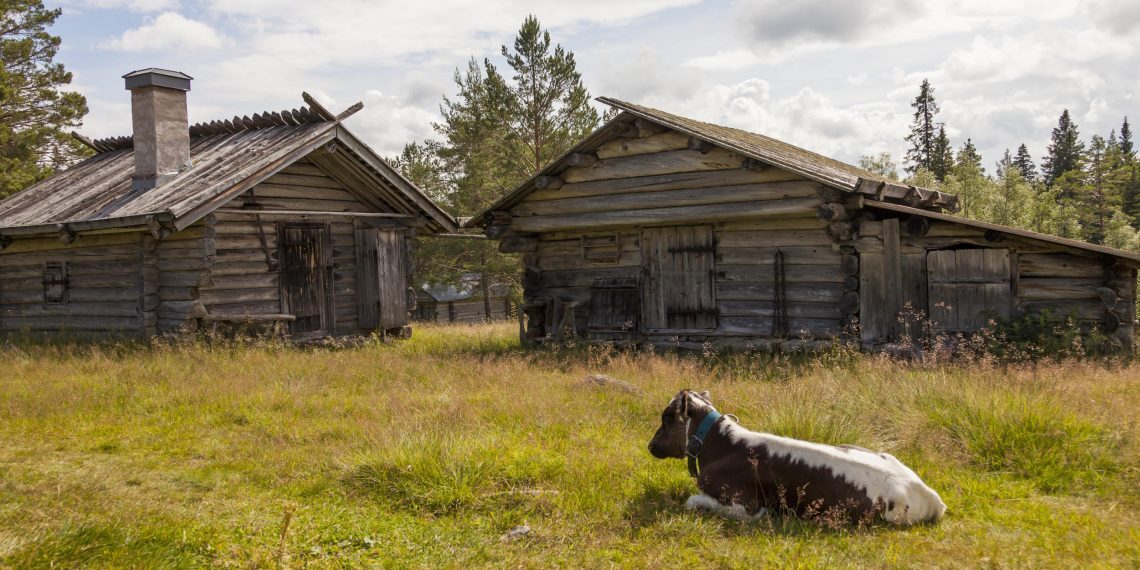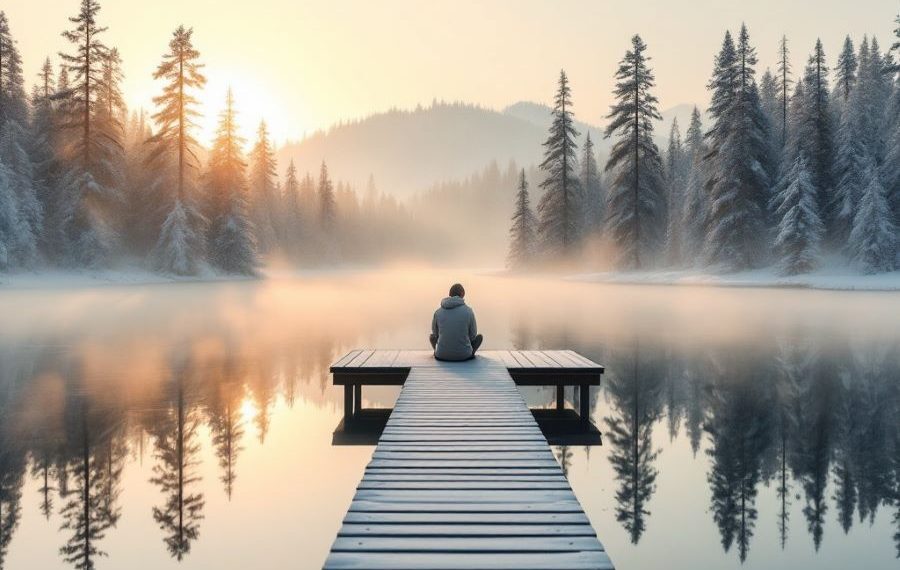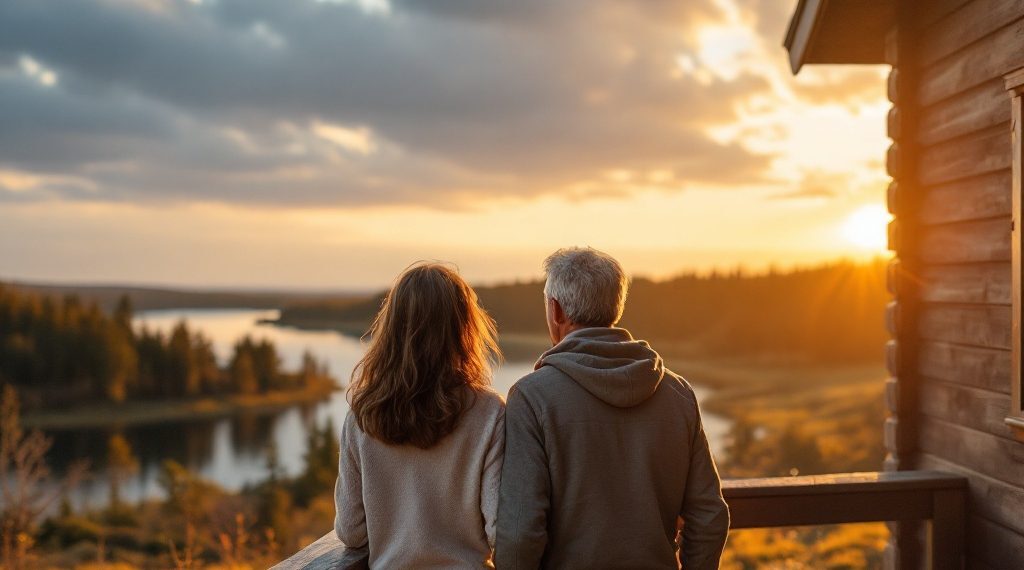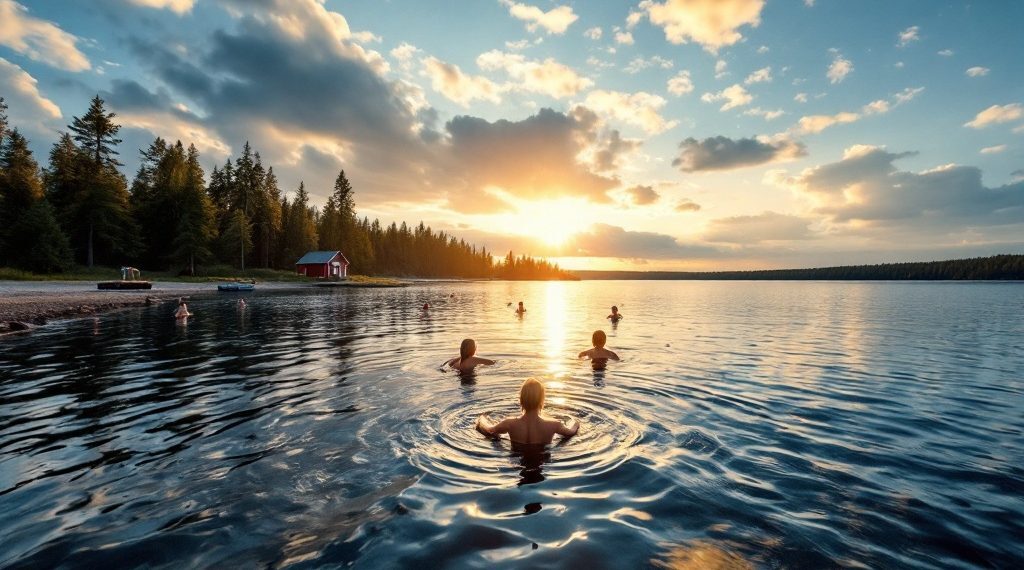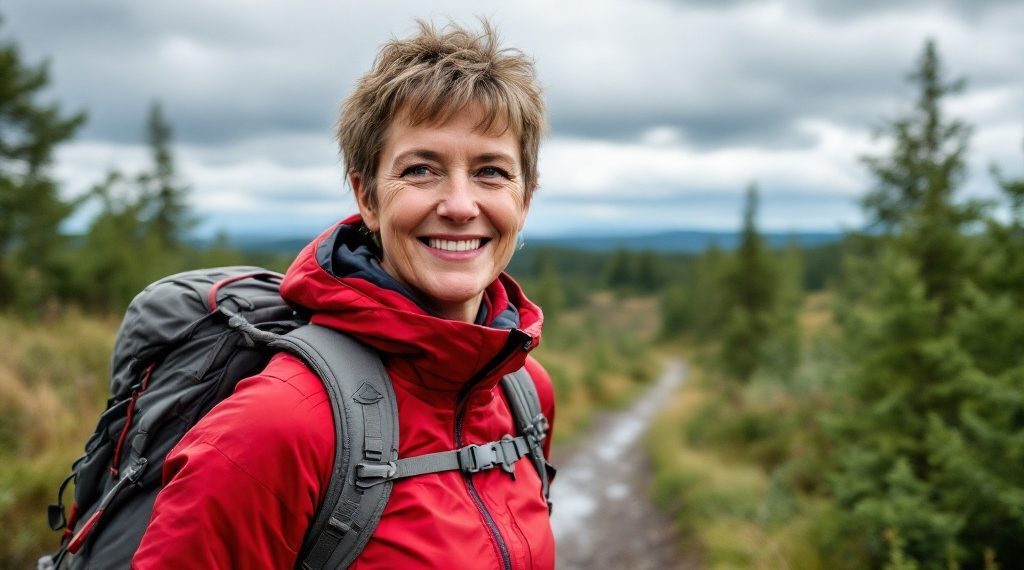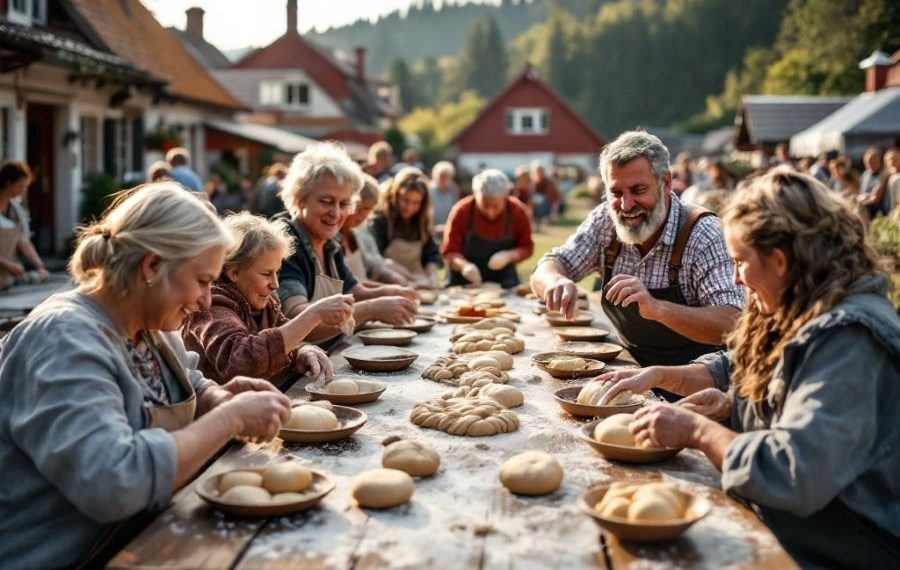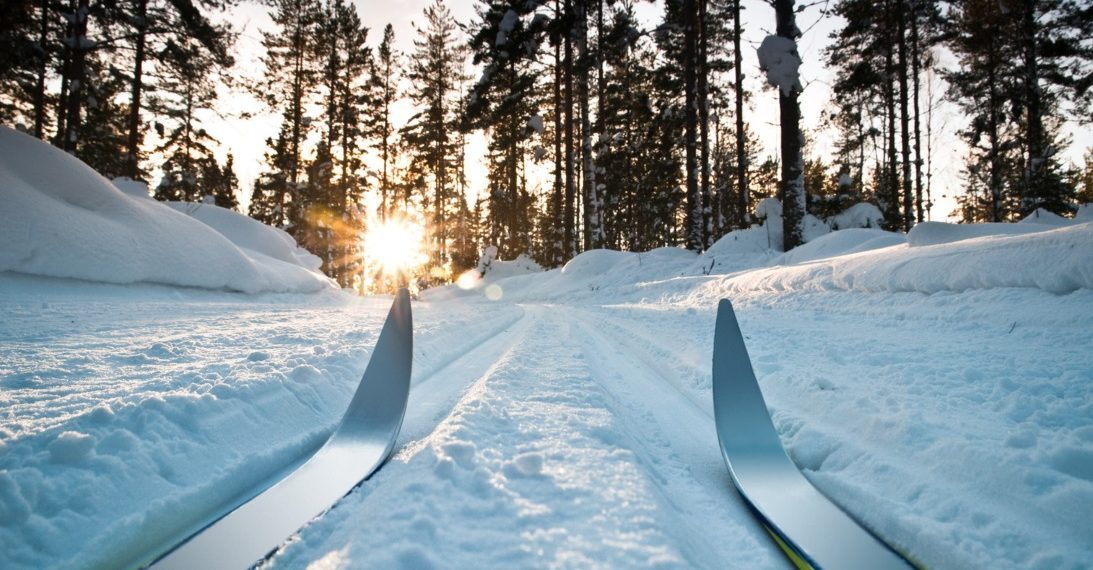By signing up, you agree to receive our bi-monthly updates. You can cancel anytime by clicking the unsubscribe link on the email. By signing up, you consent to receiving our bi-monthly updates. You can opt out at any time by clicking the unsubscribe link in the email.

 STS
STS
